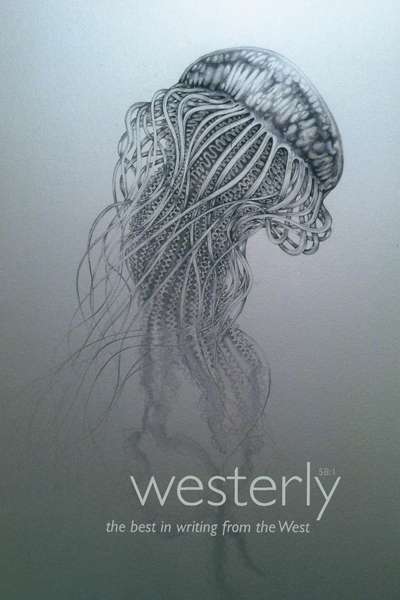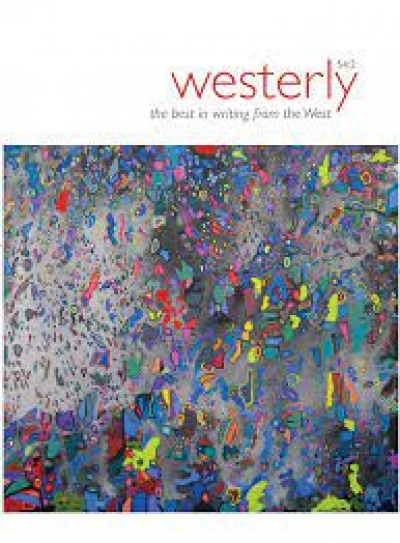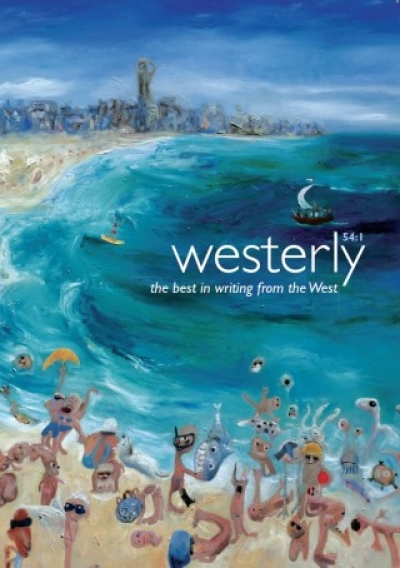Westerly
Sign up to From the Archive and receive a new review to your inbox every Monday. Always free to read.
Recent:
Catherine Noske, editor of Westerly Magazine, recently spent time at the ABR office in Melbourne, thanks to a week-long cultural exchange of sorts provided by ...
... (read more)News from the the Editor's Desk in the September issue of Australian Book Review.
... (read more)Westerly: Vol. 59, No. 2 edited by Delys Bird and Tony Hughes-d’Aeth
by Luke Johnson •
Westerly, vol. 59, no. 1 edited by Delys Bird et al.
by Cassandra Atherton •
Westerly 58:1 edited by Delys Bird and Tony Hughes-d’Aeth
Westerly, Vol. 54, No. 2 edited by Sally Morgan and Blaze Kwaymullina
by Patrick Allington •
Westerly Vol. 54, No. 1 by Delys Bird and Dennis Haskell
by Patrick Allington •
Griffith Review 18 edited by Julianne Schultz & JASAL 2007 Special Edition edited by Tanya Dalziell and Paul Genoni
by Georgie Arnott •









